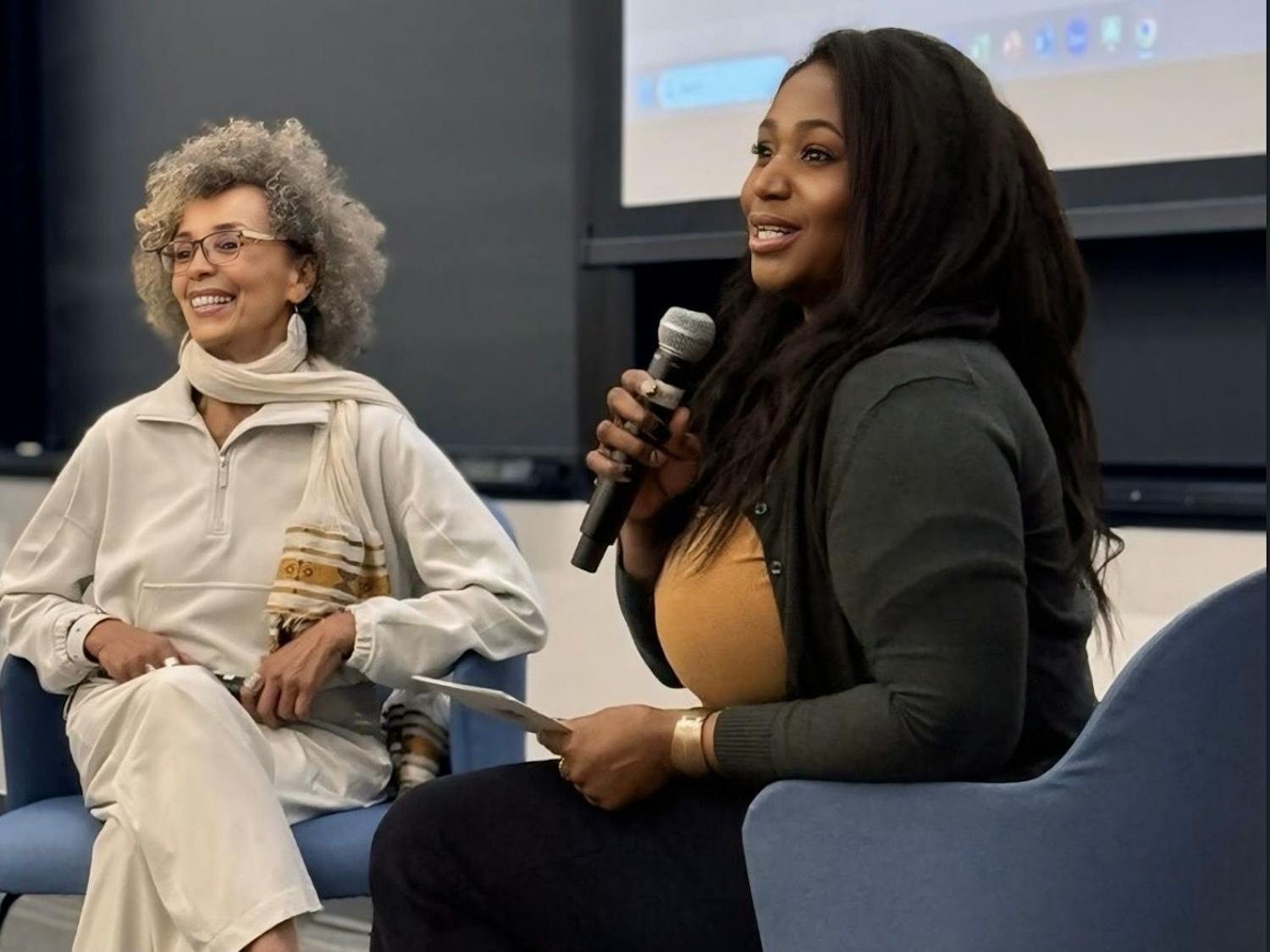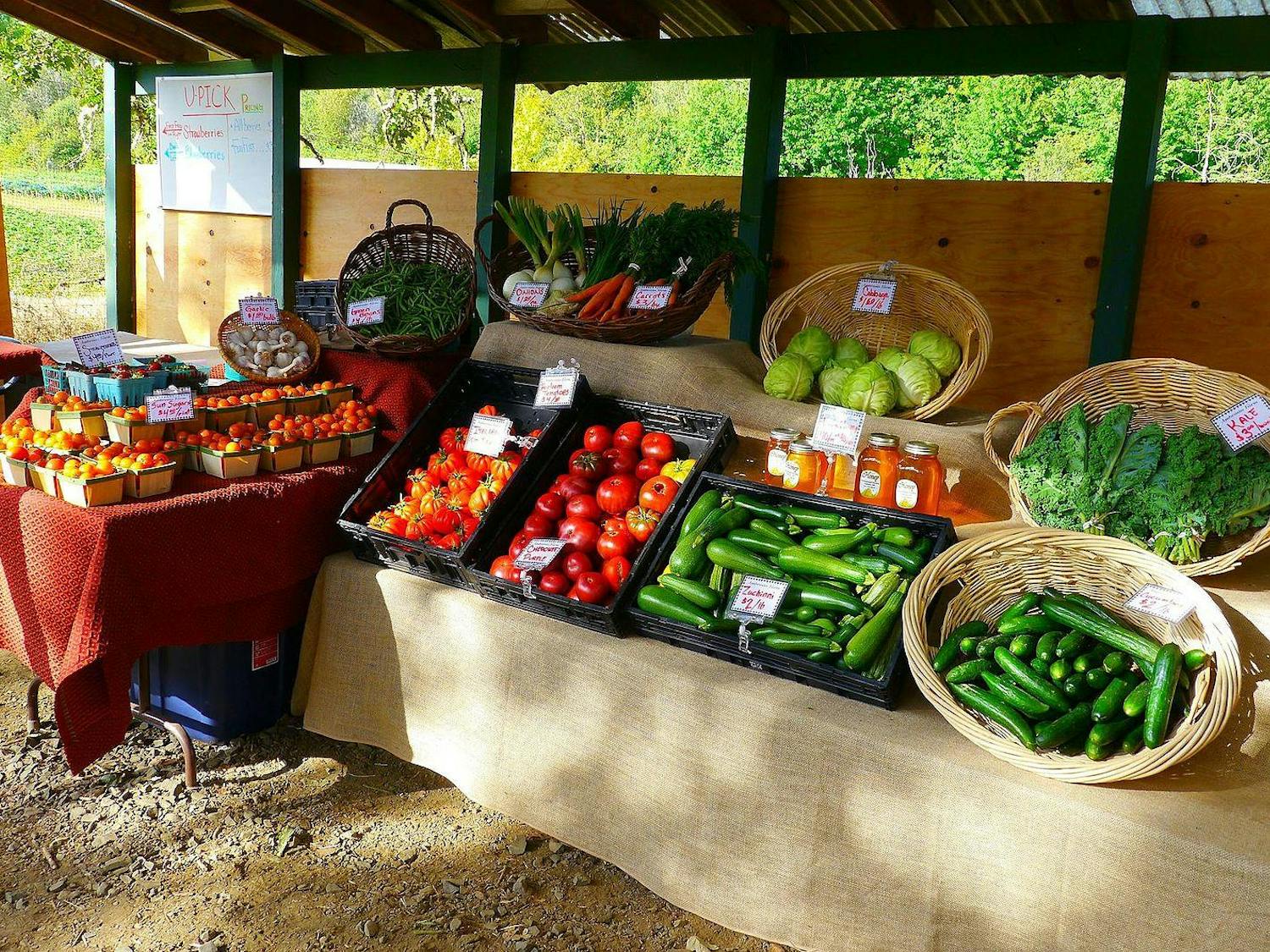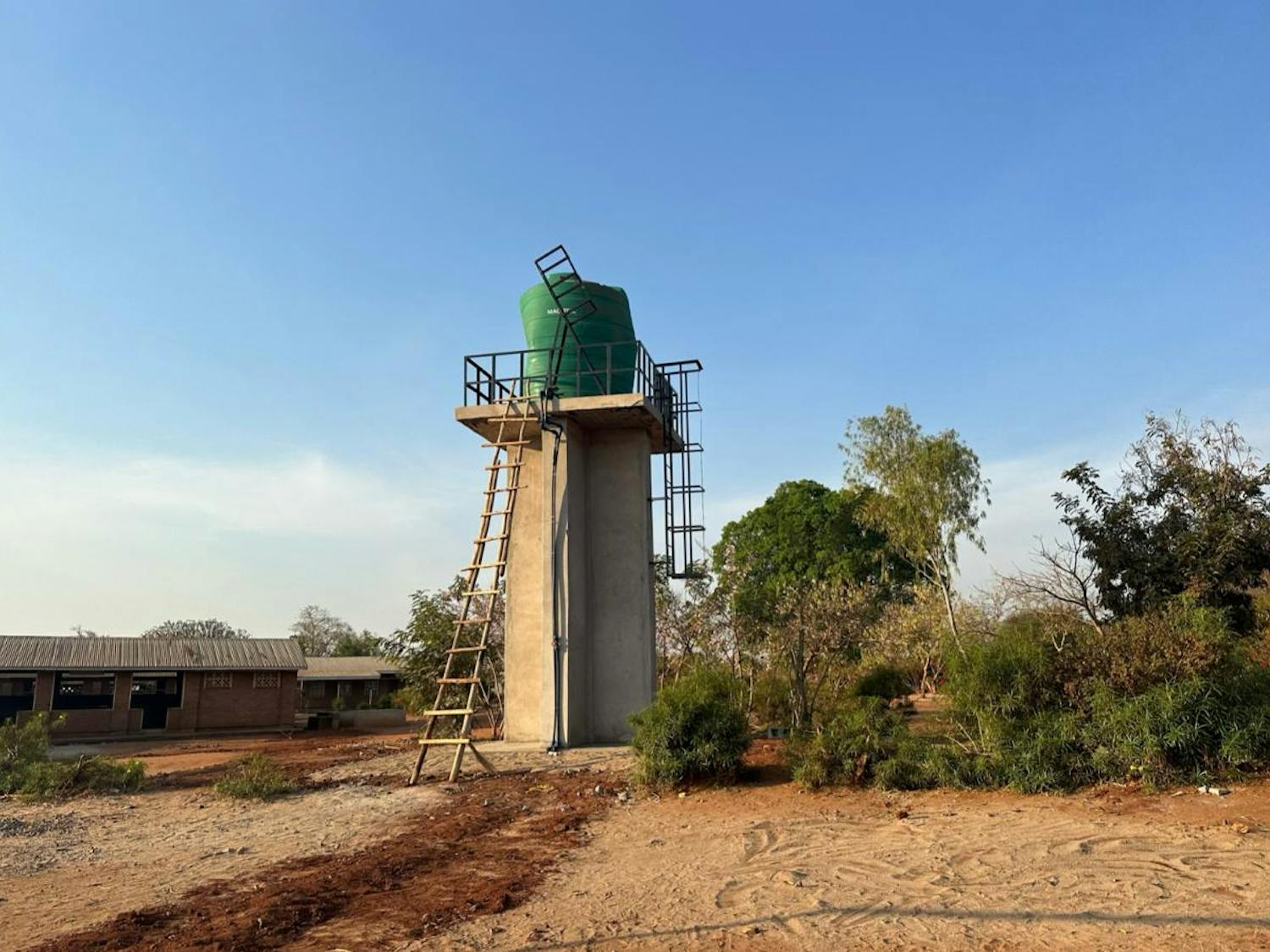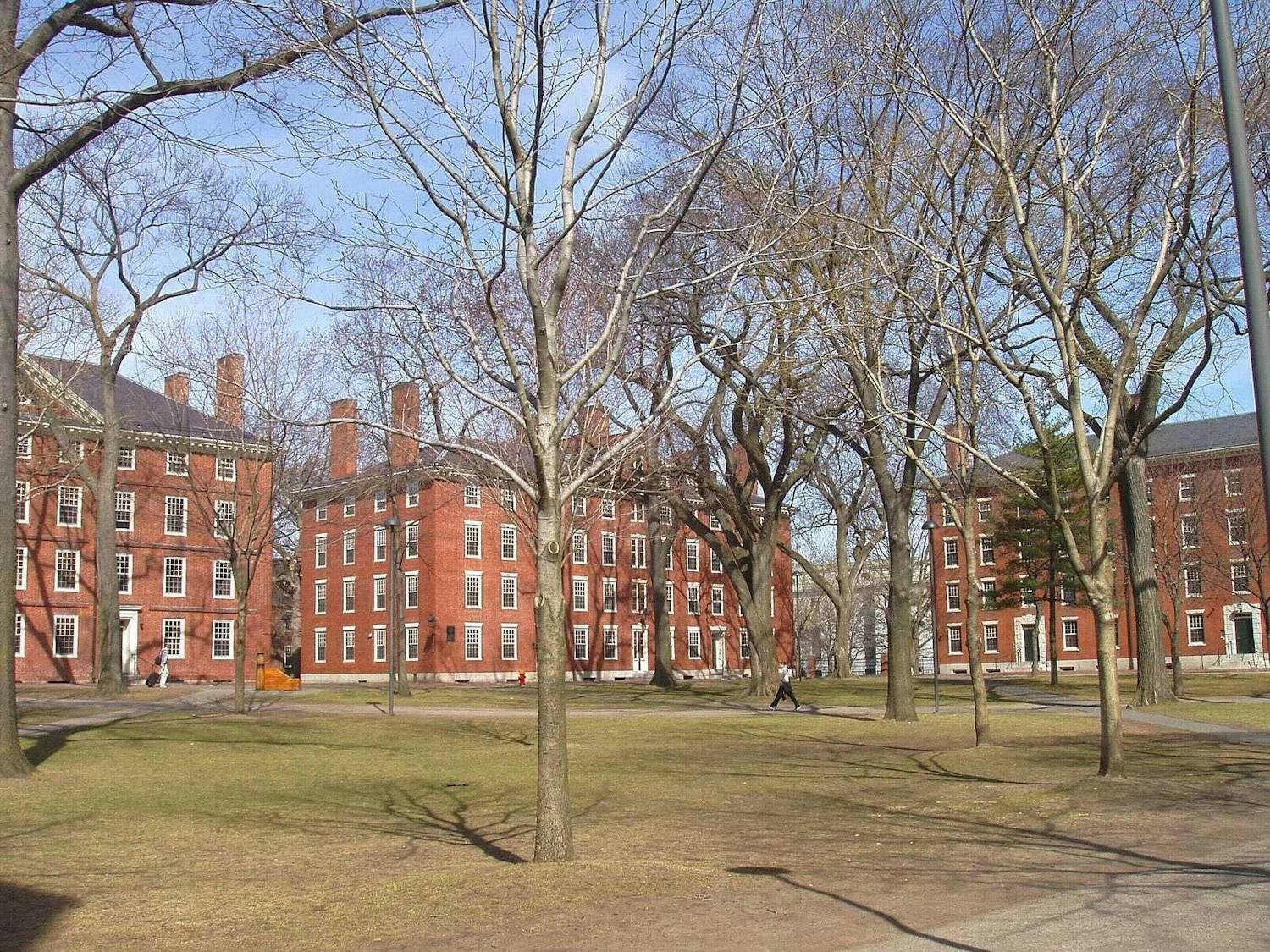Ashley Rose Salomon on what restorative practices mean today
By Ellora Onion-De | April 17Open, vulnerable, listening and connection.These are the words that come to mind when senior Sophia Christodoulou, co-president of The Petey Greene Program at Tufts, thinks of a restorative practice circle. The Petey Greene Program is a national organization that partners with carceral facilities and reentry programs to provide education to people who are either currently or formerly incarcerated in the United States.Christodoulou, as co-president of the PGP branch at Tufts, felt inspired to organize a restorative practice circle event for the student tutors who go into local facilities.After meeting Ashley Rose Salomon,Tufts’ restorative practices program director, at an event centered on restorative justice,Christodoulou knew she wanted to bring in Salomon to lead a circle with PGP.












